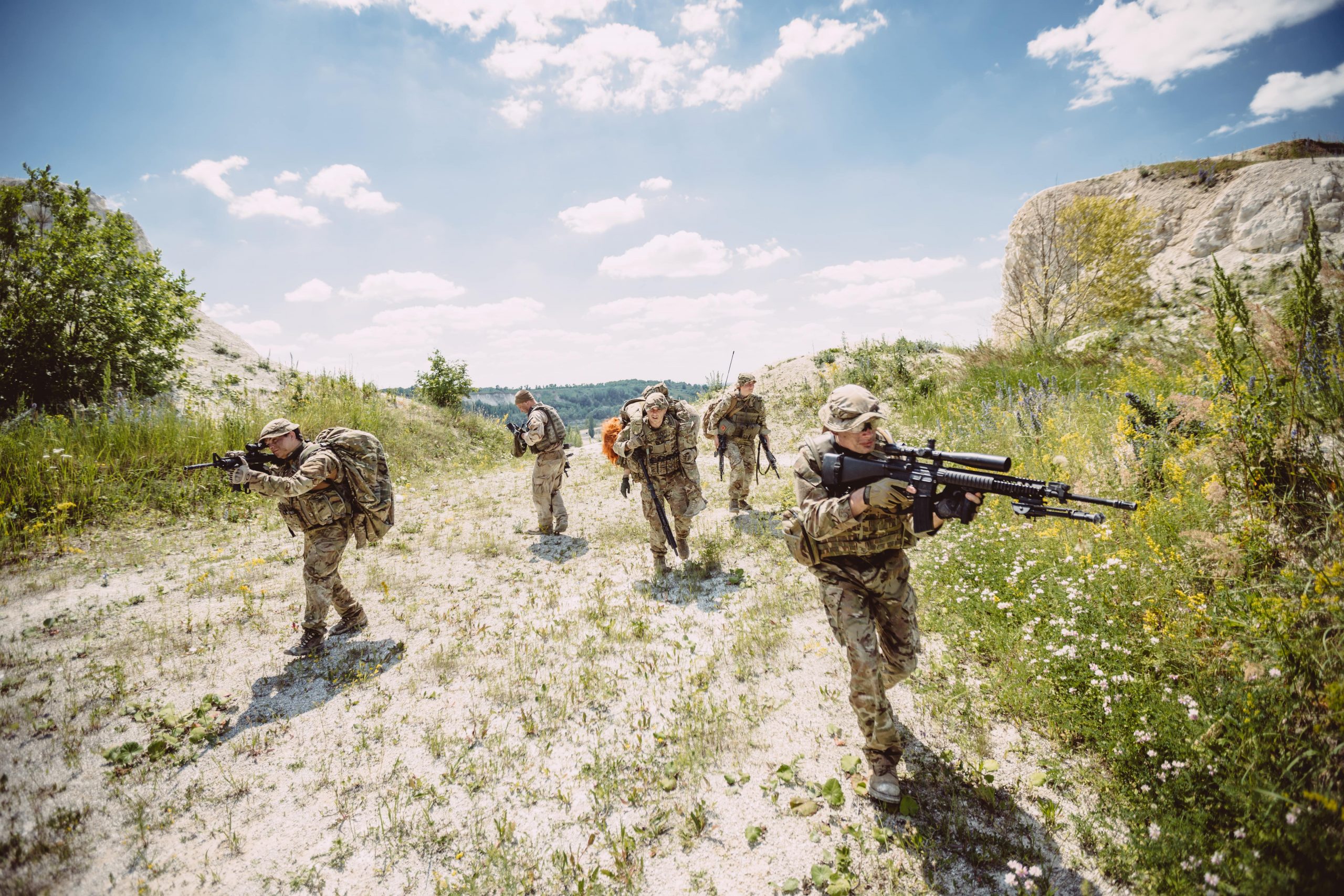Share This Article
A former Special Air Service (‘SAS’) soldier has been charged with the war crime of murder over the alleged killing of an Afghan civilian during a mission in southern Afghanistan, over a decade ago.
The 41-year-old ex-trooper was charged and arrested in regional NSW, by the Australian Federal Police and NSW Police.
He was remanded in custody and is expected to next appear before Sydney’s Downing Centre Local Court in May 2023.
The AFP and Office of the Special Investigator stated in a press release that: “it will be alleged he murdered an Afghan man while deployed to Afghanistan with the Australian Defence Force.”
This is the first time that a serving or former Australian Defence Force (‘ADF’) member has been charged with the war crime of murder under Australian law.
The incident subject to this historical charge is alleged to have been broadcasted on an episode of the ABC’s Four Corners, titled ‘Killing Field’ in 2020.
The footage shows an Australian trooper shooting dead an Afghan man who was lying in a wheat field with his hands up, in southern Afghanistan’s Uruzgan province.
The trooper, who cannot be named under an interim non-publication order, was a part of the SAS’s 3 Squadron, serving in Rotation XVII, in 2012.
The arrest comes after a four-year investigation led by the Inspector General of the Australian Defence Force, Maj Gen Paul Brereton.
His findings generated the controversial ‘Brereton Report’ which claimed that there is “credible evidence” to support allegations that Australian special forces soldiers unlawfully killed 39 Afghan civilians over 23 incidents between 2005 and 2016.
This is alleged to have involved 25 current or former Australian Defence Force personnel, either as principal perpetrators or accessories.
The report detailed allegations that these acts “were not incidents of disputable decisions made under pressure in the heat of battle” and that it should have been “plain that the person killed was a non-combatant.”
It also found credible information that members of the Australian Defence Force placed weapons with deceased persons in order to portray that the “the person killed had been carrying the weapon or other military equipment when engaged and was a legitimate target.”
The Office of the Special Investigator was established by the government to investigate the report’s findings and determine criminal investigations.
The press released detailed how: “the OSI and AFP are working together to investigate allegations of criminal offences under Australian law related to breaches of the Laws of Armed Conflict by Australian Defence Force personnel in Afghanistan between 2005 and 2016.”
The head of the OSI has stated the agency is currently investigating “between 40 and 50” alleged offences committed by Australian special forces soldiers in the conflict in Afghanistan.
Australia has obligations to investigate and prosecute war crimes under international law.
This includes obligations under International Humanitarian Law to prosecute grave breaches of the Geneva Conventions, which focus on protecting civilians and others who are not active combatants.
Australia is also a state party to the Rome Statute which created the International Criminal Court.
This carries further obligations to investigate and prosecute war crimes, as where a country is ‘unwilling or unable’ to prosecute international crimes the ICC may instead do so.
War Crime of Murder
Domestically, war crimes are criminalised under the Criminal Code Act 1995 (Cth).
The Act criminalises a range of war crimes including torture, taking hostages, biological experiments, attacking those engaged in humanitarian assistance, sexual slavery, starvation as a method of warfare, and using, conscripting, or enlisting children.
The maximum penalty for the war crime of murder is life imprisonment, as per section 268.70.
The offence is committed where the accused person causes the death of one or more persons who were neither taking an active part in the hostilities nor were members of an organised armed group.
It must be proven that the accused person knew or was reckless as to the factual circumstances establishing that the person or persons were not involved.
The Act confirms that a person will be taken to not be taking part in hostilities where they can be classified as civilians, medical personnel, religious personnel or ‘hors de combat’.
‘Hors de combat’ is a term utilised to refer to former fighters who express a clear intention to surrender, or who have been incapacitated by reason of being unconscious, wounded, or ill and are thus unable to defend themselves.
The conduct is also required to take place in the context of, and be associated with, an armed conflict that is not an international armed conflict.
An international armed conflict occurs when there is conflict between two or more states and includes a military occupation.
Other offences provided under the Act address conduct committed in the course of international armed conflict.
A defence may be provided where the accused person is able to prove that the death of the person or persons occurred in the course of, or resulting from, an attack on a military objective.
The accused person must prove that, at the time the attack was launched, they did not expect that it would result in the incidental death of, or injury to, civilians which would have been excessive in relation to the concrete and direct military advantage anticipated.
The accused person not expecting such a result must be reasonable in all the circumstances, to satisfy the defence.









